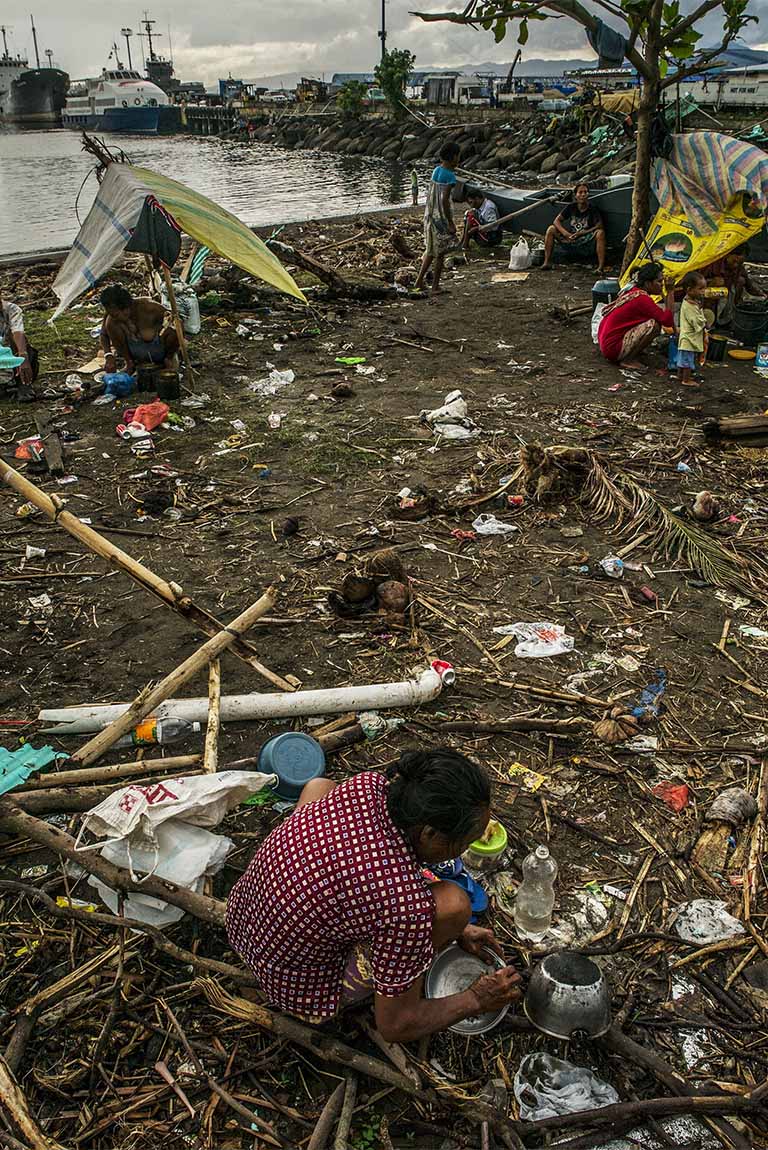JE DÉCOUVRE LE DON MENSUEL
JE DÉCOUVRE LE DON MENSUEL
JE DÉCOUVRE LE DON MENSUEL
JE DÉCOUVRE LE DON MENSUEL
JE DÉCOUVRE LE DON MENSUEL
JE DÉCOUVRE LE DON MENSUEL
JE DÉCOUVRE LE DON MENSUEL
JE DÉCOUVRE LE DON MENSUEL
JE DÉCOUVRE LE DON MENSUEL
JE DÉCOUVRE LE DON MENSUEL
JE DÉCOUVRE LE DON MENSUEL
JE DÉCOUVRE LE DON MENSUEL
JE DÉCOUVRE LE DON MENSUEL
JE DÉCOUVRE LE DON MENSUEL
JE DÉCOUVRE LE DON MENSUEL
JE DÉCOUVRE LE DON MENSUEL
JE DÉCOUVRE LE DON MENSUEL
JE DÉCOUVRE LE DON MENSUEL
JE DÉCOUVRE LE DON MENSUEL
JE DÉCOUVRE LE DON MENSUEL
JE DÉCOUVRE LE DON MENSUEL

What is environmental health?
© Lam Duc Hien
DEFINITION OF ENVIRONMENTAL HEALTH
Environmental health is concerned with people’s exposure to external factors (biological, chemical, physical) that can have effects, both negative and positive, on their physical and mental health, and on their general well-being. This exposure interacts with other determinants of health (behavioural, social, psychological, cultural, economic and political). It can reinforce inequalities and vulnerabilities and have a particular impact on some people who:
- Live in conditions unfavourable to their health;
- Are discriminated against;
- Have little or no access to appropriate health services;
- Experience multiple exposures which may have cumulative effects;
- Have biological characteristics that make it more likely that effects will occur after exposure.
When environmental health risks are disproportionately distributed across social groups, to the detriment of the most vulnerable groups, this is known as “environmental health inequality”.
- Four million poorly housed people including 300,000 homeless people (1).
- 15,000 to 20,000 people in mainland France live in squats or shanty towns (2).
- 90.9% of the people who present at our CASOs do not have their own accommodation, and 29.8% live on the streets (17.5%), in informal settlements (7.7%), or in short-term accommodation (4.6%) (3)
- 92% of pollution-related deaths worldwide occur in developing countries (4)
- 16% of deaths worldwide are linked to pollution (4)
- 60% of the world’s working population, i.e. 2 billion people, work in the informal sector, i.e. without any social and health protection.
(1) Fondation Abbé Pierre
(2) DIHAL
(3) Rapport de l’observatoire de l’accès aux soins MDM 2020
(4) Global Alliance on Health and Pollution












